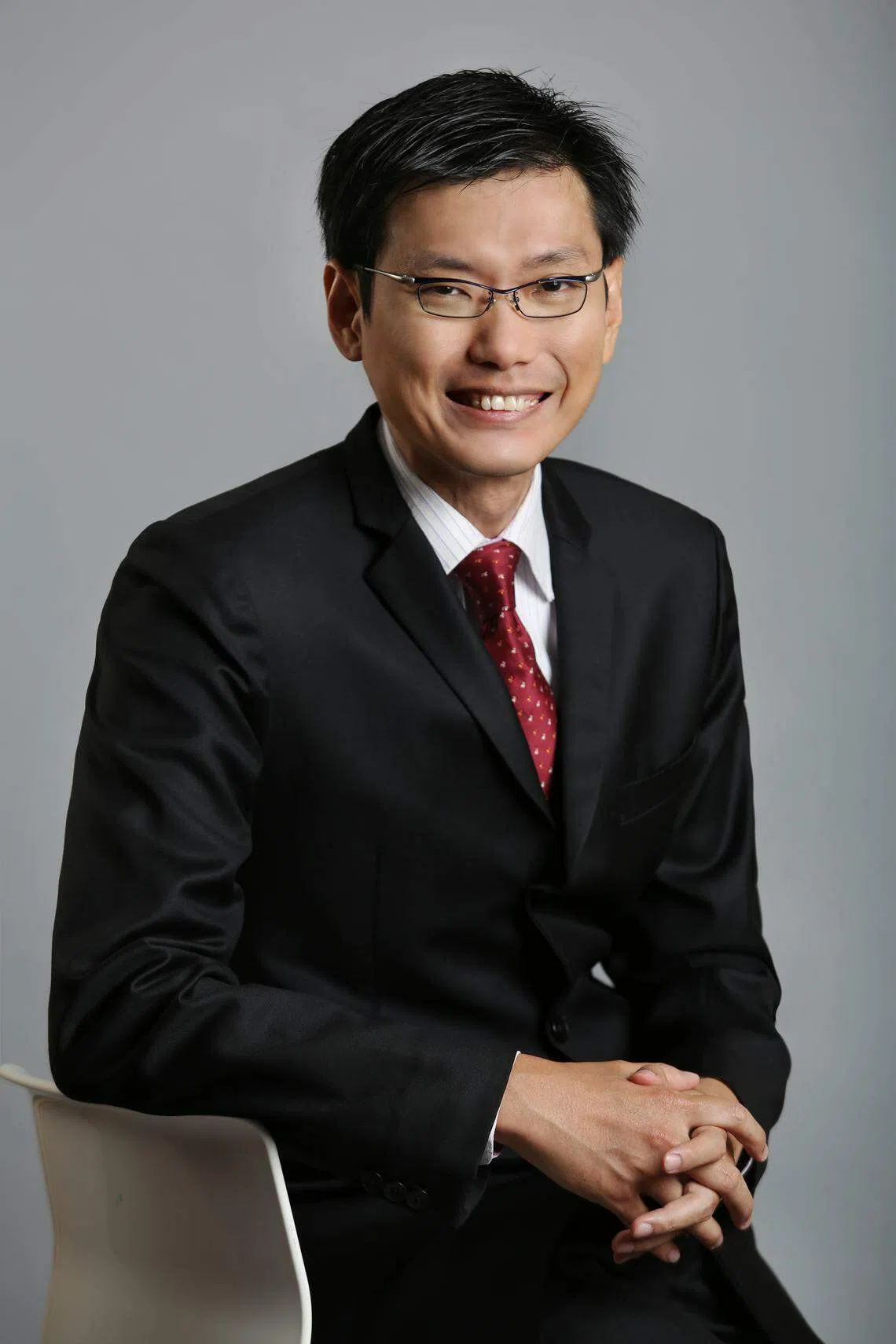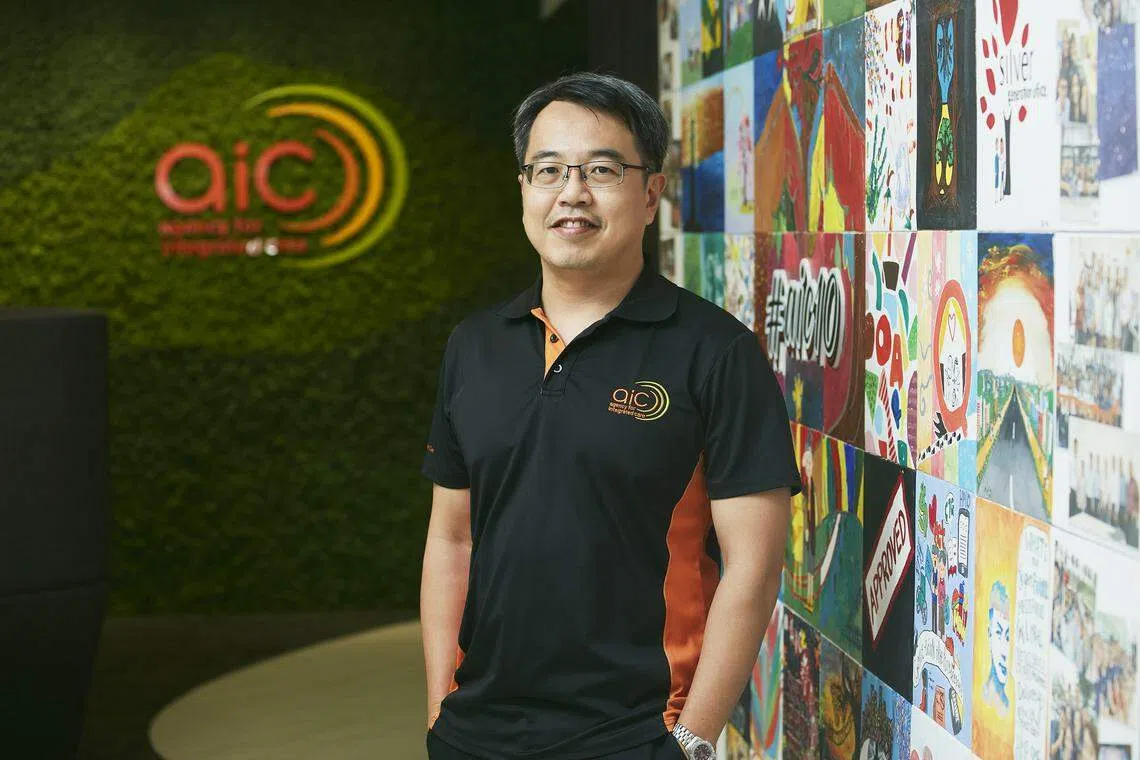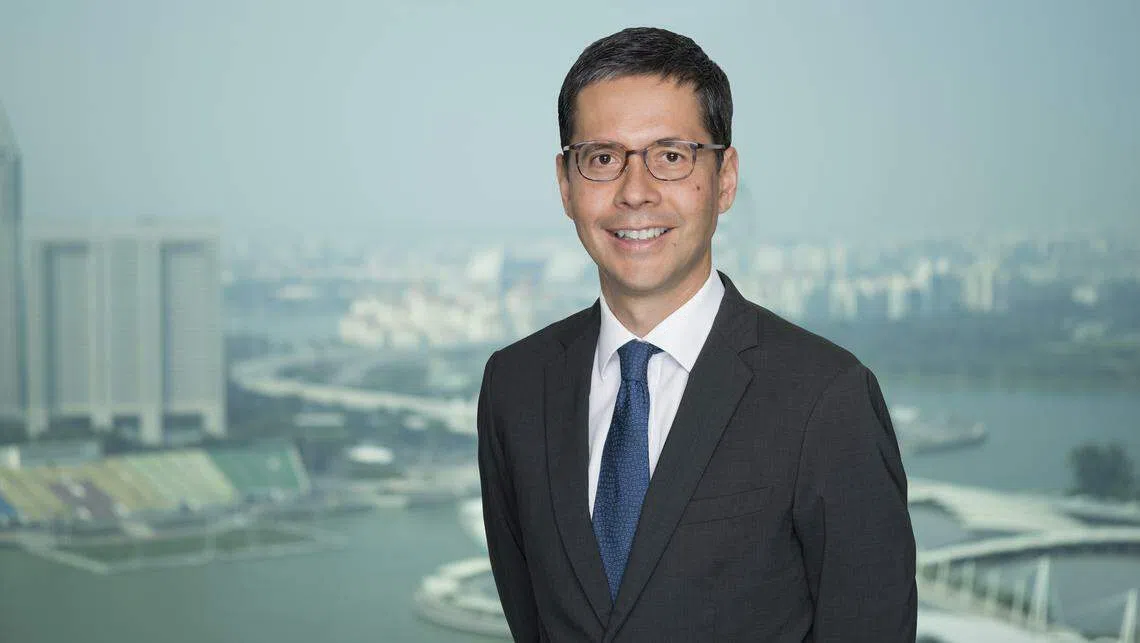Helping leaders help themselves
Uma Venkatraman
THE Covid-19 pandemic cast a fresh spotlight on mental well-being, especially in the workplace. While the focus has been on how to make it easier for workers to achieve work-life balance and the part bosses need to play to make this happen, the significance of mental health for leaders is often overlooked.
For senior executives, the pressures of the job can get intense – a Deloitte and Workplace Intelligence survey of 2,100 C-level executives and employees in June 2022 revealed that nearly 70 per cent of the C-suite are seriously considering quitting for a job that better supports their well-being.
Singapore-based not-for-profit WorkWell Leaders (WWL) focuses on making well-being and mental health a strategic and leadership priority in private and public sector companies. Its founder and chairperson Anthea Ong says: “Effective organisational leadership that focuses on employee well-being begins with the proactive management of the leader’s own well-being.”
To mark World Mental Health Day on Oct 10, WWL has launched CEO Commit and CEO Connect, the latest initiatives in its Be Well series, a mental health and well-being programme purpose-built for chief executive officers (CEOs) that takes a holistic approach to supporting them and the teams they lead.
CEO Commit is a step-by-step guide designed for CEOs to understand, manage and improve their own well-being, while CEO Connect pairs peer chief executives on a rotating basis, to share ideas and challenges about their personal wellbeing experiences and plans.
Ong says: “CEOs set the tone and culture of the organisations they lead, so they must ‘Be Well’ themselves in order to ‘Lead Well’, so their people may thrive in a mentally healthy environment.”
Navigate Asia in
a new global order
Get the insights delivered to your inbox.
Bob Grove, head of Be Well programmes for WWL, says: “Knowing where to begin in managing your own well-being can be challenging. CEO Commit makes it possible for leaders to create clarity and focus for their own well-being journeys, prioritise their time and build resilience.
“CEOs are responsible for taking care of their teams, but formal support for their own well-being is lacking. CEO Connect aims to help fill that void by creating a support network for CEOs, for each other.”
The Business Times spoke to four senior executives about their personal mental health journeys and how they plan to help their other senior leaders and staff stay well.
Finding the right balance

Camille Levy, APAC president, Howden
Too often, well-being and mental health are put on the back-burner instead of being a top priority, Camille Levy feels.
It is only when “you get into a red zone”, the Asia Pacific president for Howden says – referring to issues such as injury, fatigue and depression – that it gets “the importance it deserves”.
The regional president of a leading air and gas handling company has a high-pressured, multi-faceted job. “You have to balance the day-to-day operations, the local dynamics, as well as the strategic and global agendas,” she says.
It is a tough challenge to find the right balance, and it can be “quite lonely, particularly when you are part of a global MNC, where none of your peers are close to you”.
To stay well, she prioritises her time, blocking out periods where she can spend quality time with family and friends. “It can be taking my three kids out to bouldering, going for a run in Bukit Brown, or preparing for a party with friends, or virtually scrolling through the latest exhibition of my favourite artist.”
She credits WorkWell Leaders, and the CEO Commit tool, in particular, as having been very helpful in giving her a framework that creates clarity and focus, helps prioritise time, and build resilience.
As a leader, Levy says, she is also a role model in promoting well-being and mental health. “Well-being brings a sense of purpose and meaning, it helps build strong relationships, sustainability and positive experiences. It is therefore crucial to working well.”
It is a process that starts from the top. “A leader needs to take ownership of well-being and mental health, communicate the importance of it, and pledge to drive improvements,” she says.
“At Howden, we are pushing to create a culture of openness and trust where employees can talk about well-being, as we are convinced it will drive employee engagement and business performance.”
To help its people pay more attention to their personal well-being, the company is committed to better communication. It runs a series of webinars on different well-being topics, along with “dedicated training for some of our senior teams members to become first aiders in mental health”.
It has also rolled out the Wellspace well-being app to all Howden employees. The app offers individual well-being support with useful tools, hints and tips to keep employees focused on well-being goals.
A network of Global Wellbeing Champions encourages employees to participate in well-being activities regularly, and take the time to think about personal well-being while keeping their colleagues in mind. Levy hopes that all these initiatives will lead to well-being and mental health becoming central in the workplace. “If people are well, they will thrive, feel they can bring their best selves into the office. It connects with meaningful work and purpose,” she says.
Build good mental habits

Clarence Ti, deputy president (administration), NUS
Employees recognise a visionary, inspiring and empowering leader when they see one, says Clarence Ti, deputy president (administration), National University of Singapore.
And to demonstrate courage, display compassion and uphold commitment as exemplary role models in their organisations, leaders need to effectively manage their own well-being and have a heightened sense of self-awareness, he adds. “You can’t really take care of others well if you don’t take care of yourself well.”
He stresses that mental wellness is important because stress and burnout can cause problems like migraine or insomnia, which can affect relationships both at home and work.
But it is not a journey one can embark on alone. “Through day-to-day interactions with the people who work with us, I have realised it is increasingly important to help one another maintain good mental health.”
For leaders, it is important to build good mental health habits to benefit themselves and the teams they lead, he says. For instance, he schedules a gratitude hour at the end of each week to look over the many meetings he has attended and “sends WhatsApp messages to appreciate someone in my team who has done an exceptional piece of good work, left a positive impression, or just to encourage a colleague facing difficulty”.
At Zoom meetings, presenters are encouraged to share a fun fact about themselves to break the ice, build rapport and get to know each other better. Ti also sends out a weekly blog “so that people know what’s brewing outside their departments in the larger organisation – this also helps promote empathy, celebrate achievements and recognise colleagues”.
Leading the charge to help all NUS employees progress along this mental health journey, he says, is NUS President Professor Tan Eng Chye, who has set up the NUS Health and Wellbeing unit (HWB). It raises awareness of, and addresses, mental wellness through campaigns and workshops, provides counselling and peer support for staff and students, and creates frameworks to systematically approach mental health in the workplace, such as the WellNUS Workplace Mental Health Framework.
Ti adds that NUS is committed to investing in the mental wellness of its students and staff, and encourages a state of physical, mental and social well-being to help them realise their potential, cope with the stresses of life, and work productively.
For leaders, the development of a personal development plan to articulate why well-being is important to them personally is key, enabling them to reflect and come up with plans to stay mentally healthy at work, and understand how their working styles affect others at work.
“As we identify goals, find support and resources, and obtain feedback, we get to better understand, manage and improve our own well-being, as we seek to be well in order to lead well,” he says.
Leading by example

Tan Kwang Cheak, chief executive officer, Agency for Integrated Care
Tan Kwang Cheak, chief executive officer of Agency for Integrated Care (AIC) believes in leading by example. And when it comes to overall well-being – which he says is “central to our health, life and happiness” – both for himself and his people, he walks the talk.
Be it “kopi chats” with staff and other senior leaders to keep employees updated on the latest happenings within the organisation and allow them to raise questions or share their thoughts, or climbing Mount Kinabalu in August with a 20-member AIC staff team, Tan believes such activities have helped him stay well too.
The Covid-19 pandemic was particularly challenging and tiring for him, but he learnt to care for his own mental and physical health better. “I recognise the importance of learning, loving and living fully,” he acknowledges.
At AIC, a slew of initiatives is aimed at supporting employees’ physical, mental and social well-being, such as “Wellness Wednesdays”, where a dedicated hour is set aside for activities such as virtual workouts and emotional health workshops; the AIC Peer Support System, with trained staff to provide basic emotional support; an Employee Assistance Programme, involving two external counselling partners; and Fantastic Fridays, where the fourth Friday afternoon of each month is kept free of corporate meetings for staff to spend this time for personal reflection, connecting within teams, and collaborating across teams.
It is for the leaders of an organisation to instil a purpose and culture that values employees’ well-being, he says. “By building a positive work culture that promotes staff well-being and motivation, employee and organisational effectiveness can be improved. At the same time, caring for our staff’s mental health can also foster a culture of inclusiveness and cohesiveness.”
The pandemic has “made us rethink the way we work”, he says. As a result, AIC has rolled out the Work Away from Office (WAO) policy, a hybrid or flexible way of working. “Our move towards WAO empowered our employees to adopt a work arrangement that helps them balance their personal and professional roles while meeting the demands required by the organisation. This has worked well for us and I will continue to strengthen this for our employees.”
‘No person is an island’

Patrick Lee, cluster CEO, Singapore and Asean Markets, Standard Chartered Bank
As a leader, employee well-being is one of the top priorities for Patrick Lee, cluster CEO, Singapore and ASEAN Markets, Standard Chartered Bank.
“In a high-pressure environment like banking, mental and emotional health have been brought to the forefront, especially as many grapple with changing work patterns due to the pandemic,” he says.
Lee believes in leading by example and empowering his people to be well, so it is important that “as leaders, we must be well to lead well”.
He sets aside time to exercise regularly and spend time with family and friends and on hobbies. “These activities allow me to decompress and gain clarity of thought, and I believe helps in enhancing overall emotional well-being and stress management.”
Lee says well-being is a combination of a person’s state of heart, body, mind and soul, which is why self-care is important to maintain healthy professional and personal lives: “What has helped me to reset and recharge is to be completely present when I am off work, and I encourage colleagues to do the same.”
He also expresses concern about the dangers of social isolation – “no person is an island” – and stresses the need for people to actively choose to “interact in-person and build camaraderie with colleagues, like in pre-pandemic times”. This, he says, goes a long way in strengthening emotional and mental wellness at work.
He encourages people to take time to network and share experiences around mental health. He says networks like the WorkWell Leaders programme, of which Standard Chartered is a founding member, “are great examples of this, where we create safe communities to share and learn about mental health”.
To highlight the importance of mental well-being, the bank is holding a Wellbeing Week from Oct 10 to 14 on a global scale, with a series of webinars across time zones promoting mental, physical, social and financial wellbeing, and encouraging psychological safety.
Besides this, he adds, the bank also offers regular care and support to employees through various programmes and initiatives, including monthly wellness and wellbeing activities, independent counselling services for colleagues and their families, and access to the Mental Health First Aiders who are certified employee volunteers equipped with skills to offer confidential help and support.
An employee volunteer group has been working to raise awareness of mental health and well-being at the workplace. “I’m delighted that colleagues have come forward and are investing time alongside their day-to-day responsibilities to drive this agenda, as everyone has a role to play in building a psychologically safe space in the work environment,” he says.
Decoding Asia newsletter: your guide to navigating Asia in a new global order. Sign up here to get Decoding Asia newsletter. Delivered to your inbox. Free.
Copyright SPH Media. All rights reserved.


